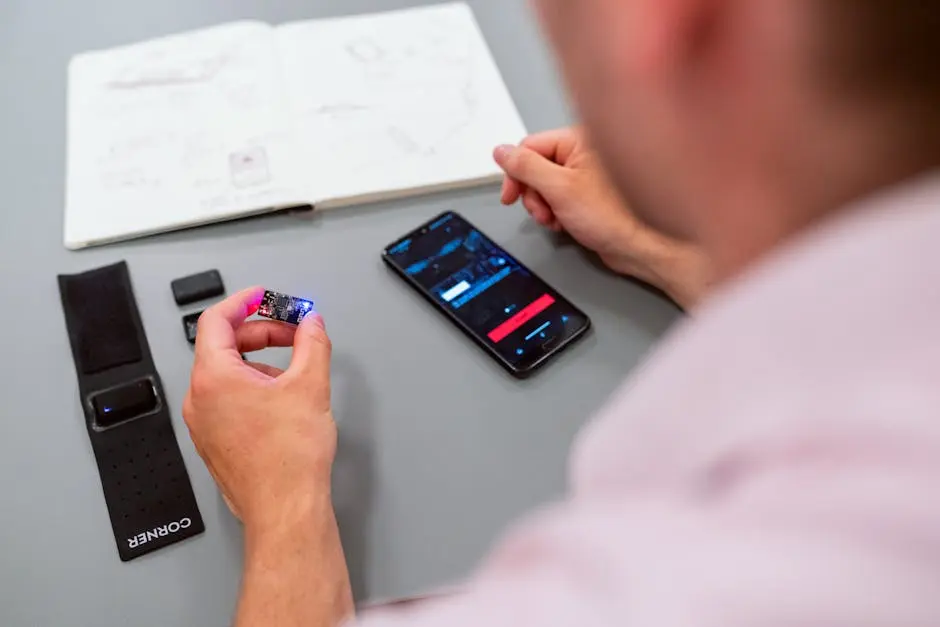Initial testing is an essential step in the app development process that can dramatically affect the success of your application. By identifying bugs early and ensuring a seamless user experience, it lays the groundwork for a polished final product. In this blog, we’ll explore how initial testing can enhance your app’s performance, longevity, and user satisfaction.
What is Initial Testing?
Initial testing, often referred to as preliminary or exploratory testing, involves conducting a series of tests on a basic version of your app to identify any premature bugs or issues. It is typically done before the main development phase to ensure all components function correctly. By focusing on core functionalities during this stage, developers can make necessary adjustments early on.
This phase isn’t solely about the technical side; it’s also about evaluating the feasibility of your ideas. Initial testing helps developers validate the concept and ensure that it aligns with user expectations.
Engaging in initial testing can be a strategic advantage. For example, implementing usability testing methods can help you understand how prospective users might interact with your app right from its inception. Testing approaches like session recordings and first-click tests provide actionable insights into user behavior and satisfaction.
Moreover, initial testing sets the foundation for a dynamic development process. By uncovering core issues from the start, you set the stage for smoother, more efficient subsequent development phases.
Identifying Bugs Early
Early detection of bugs can save both time and resources during later stages of development. This allows developers to address defects before adding more complex features, minimizing the risk of compounded errors.
Imagine the costs involved in scaling a bug that went unnoticed early on. It could derail even the most promising apps. By incorporating rigorous testing at the outset, developers can significantly reduce the risk of these hidden bugs affecting later stages of development.
Startups and new businesses often face budget constraints, making it even more crucial to identify and fix bugs early. By doing so, you can ensure a cost-effective, error-free app without the burden of escalating patch expenses.
Optimizing User Experience
User experience can make or break an app. Initial testing evaluates the interface and usability, providing valuable insights on how to improve interactions before launching to a wider audience.
Through user testing, such as eye-tracking and session recordings, developers gain insights into natural user interactions. These findings are crucial in refining design elements and ensuring users can achieve their goals easily within the app.
A seamless user experience is integral to app retention. When users find the app intuitive and easy to navigate, they are more likely to stick around. Initial testing provides the groundwork needed to refine these aspects of your app meticulously.
Enhancing Security Measures
Security is paramount in maintaining user trust. Initial testing can expose vulnerabilities, allowing developers to fortify their app’s security protocols promptly, safeguarding sensitive user data.
In an age where data breaches are unfortunately frequent, reinforcing security during the initial phases is non-negotiable. By identifying potential risks early, developers can implement robust security measures, ensuring user trust and compliance with data protection regulations.
This proactive security approach builds credibility and confidence among users. A secure app not only protects user data but also enhances your brand’s reputation, making users feel valued and secure.
Ensuring Compatibility
With various devices and operating systems, compatibility testing ensures your app performs well across different platforms, enhancing accessibility to a broader user base.
Nowadays, users access applications through a multiplicity of devices, each with different screen sizes, resolutions, and processing capabilities. Ensuring full compatibility is no small feat, but initial testing can simplify the process by detecting inconsistencies early.
Let’s face it, an app that doesn’t function well on all targeted devices is likely to face poor user feedback and decreased engagement. Compatibility checks in the initial testing phase help circumvent these issues, resulting in a resilient and user-friendly app.
Such meticulous attention to compatibility means greater user satisfaction, higher ratings, and positive testimonials from delighted users. It also opens your app to a wider demographic, ensuring inclusivity on various platforms.
The Importance of Initial Testing in App Development
To sum up, initial testing is a crucial phase in app development that shouldn’t be overlooked. It helps identify potential issues early, optimize user experience, and ensure a smooth app launch. By investing time and resources in initial testing, you’ll be paving the way for a more successful, reliable, and user-friendly app. Discover how our services can support your app development journey to success.


